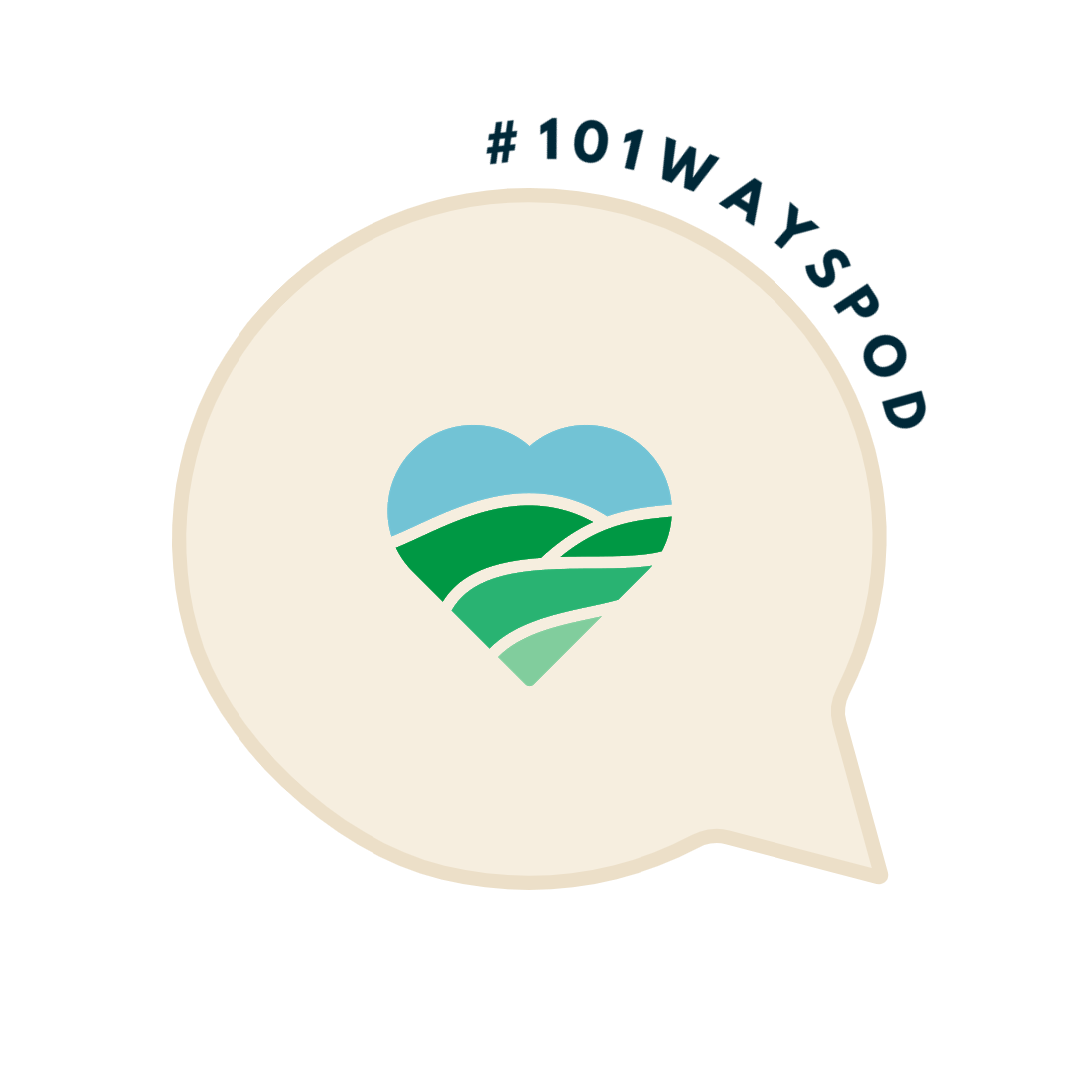When Hunting Animals is Eco-Conscious
Photo via Noel Russell (http://noelruss.com).
One thing about choosing to live an eco-friendly lifestyle is that there is no one-size-fits-all way to live sustainably. Being a good friend to the earth is going to look different for different people, and that’s ok! When encouraging people to make sustainable lifestyle choices, I want the choices to be, well… sustainable. What we don’t need is people making complete overhauls that they can’t maintain and giving up altogether.
Oftentimes, those who are passionate about saving the environment are also passionate about animal rights and the wellbeing of the critters large and small with whom we share our planet. Many people choose to live vegan or vegetarian lifestyles to promote a healthier environment and in opposition of the mistreatment of animals for our personal gain. However, there are also cases where hunting animals and eating meat actually promotes a healthier ecosystem. I learned all about it while staying at Vermejo Park Ranch, a Ted Turner Reserve in New Mexico.
For those who aren’t familiar, Ted Turner is a media mogul and businessman best known for founding CNN. He is also a generous philanthropist and conservationist whose self-proclaimed mission is to “save everything.” To do this, he’s acquired millions of acres of land across the country, each of which is a refuge for native species. He is the second-largest landowner in America. More than 20 years ago, Ted Turner purchased the land for Vermejo Park ranch, the largest of his properties at more than a half-million acres in Northern New Mexico. He bought this land with the intention of repopulating native species, demonstrating to the world why wilderness conservation matters. During this time, his team learned that it is important to keep elk and bison populations at certain thresholds in order to prevent overgrazing on the land. There are many negative consequences to overgrazing, depending on the environmental circumstances. On Vermejo Park Ranch, bison and elk love to munch on the tall grasses shading the Vermejo riverbanks, but without these grasses, the river temperature will increase and become too warm for native Rio Grande cutthroat trout perpetuating disruption to the surrounding ecosystem. That’s just one example.
To prevent this, every year Vermejo invites hunters onto the property to harvest excess bison and elk, and keep populations in check. Because these animals are living a mostly care-free existence up to the minute they are shot and killed - vs, for instance, grass-fed cattle who endure the stress of being corralled into crowded pens for days before being harvested - one could argue that these hunts are actually the most ethical way to harvest and eat meat. In addition, preventing over-grazing gives more plant life a chance to flourish which results in a higher carbon-storing capacity for the land.
I am a food lover who tries to eat vegan when the option is available, so I found it somewhat of a relief to learn that there is room to include meat in our diet and still be “eco-friendly.” The key word here is regenerative agriculture, a method of farming with more crop rotation and a mix of animals to naturally graze and fertilize the land (that’s an oversimplification, and I highly recommend the film Biggest Little Farm for more details).
We are officially pioneers of a new era, an era where we’re all going to have to figure out what living sustainably means for us, and future generations will build on what we learn. If for you that future involves eating meat - great! Just get educated about how you can source that meat ethically, and from regenerative sources.


